Coronavirus has wreaked havoc on the world and brought it to a screeching halt. The impact is affecting the mental, financial, and physical health of people on Earth.
Even though mankind is not new to emergencies and future-defining events, COVID-19 has turned out to be a health emergency that was greatly unanticipated. The ways coronavirus has changed travel are evident as restrictions, lockdowns, and health protocols have become integral components of the new normal.
All of a sudden, we find that social distancing, wearing masks, and surviving on only essentials, have become the new normal. The unnerving part is that these new ways of living are to continue long after the pandemic eases out.The travel industry is also affected by the COVID-19 imposed way of life. The industry has been bearing its share of transition and losses like any other industry.
Let’s have a look at some of the most noticeable changes that the industry has undergone.
1. Reduced air travel

Air travel was one of the largest contributors to the increased cases of Coronavirus. Tourists and visitors from international destinations have been potent carriers of COVID-19. Needless to say, air travel was the first travel mode that was grounded.
Even after the pandemic eases out, people may be reluctant to take flights. Except it is very necessary. Does anyone else see the Sweden Flygskam culture coming into effect?
2. Social distancing norms

Public transport is not left out of the effects of the pandemic. Vehicles are no longer filled to capacity due to the dire need for social distancing. As a result, public transport companies are now faced with massive losses. Sadly, this new norm is pretty much here to stay for the most part of the year.
How covid changed air travel BBC says
3. Travel restrictions
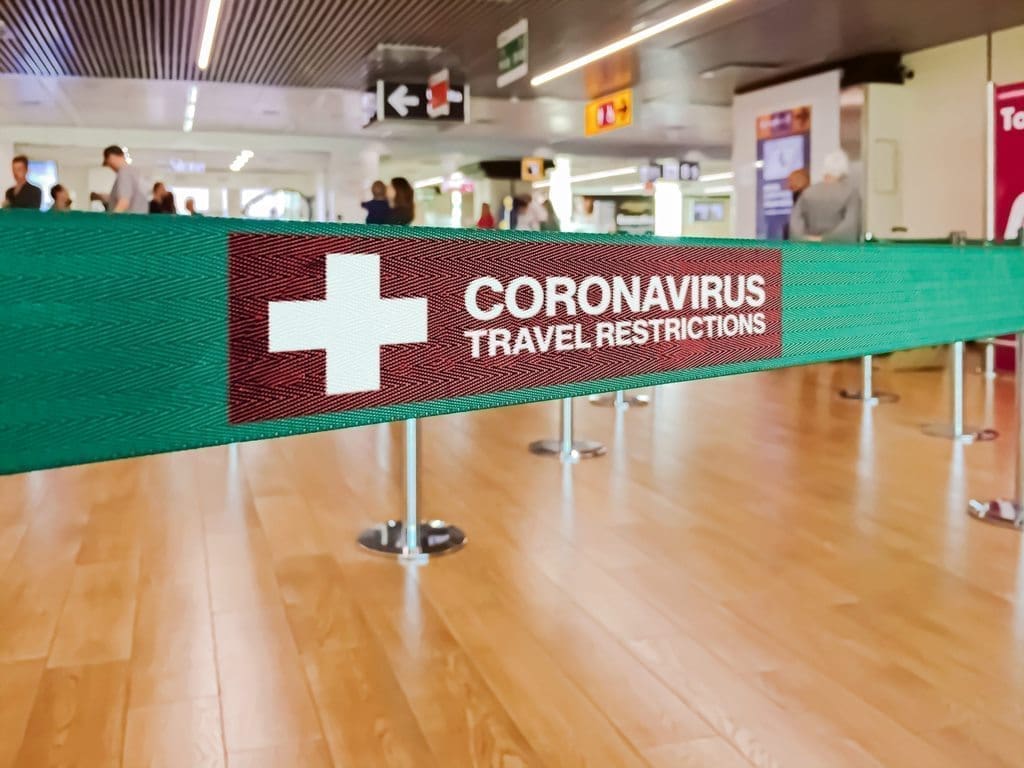
As the COVID-19 situation got worse, to get worse, visitors from the worst affected places were shut out by countries. As it turns out, these restrictions do not look like they are going to be lifted any time soon.
As such, students from restricted countries are bearing the brunt. Be you, fresh applicants or undergraduates, in foreign colleges, there are no exemptions. Most countries have already released their guidelines on travel restrictions for students. For instance, Germany has laid out detailed information on who can go through its borders.
Airbnb CEO on how COVID has changed travel forever

4. Dearth in tourism
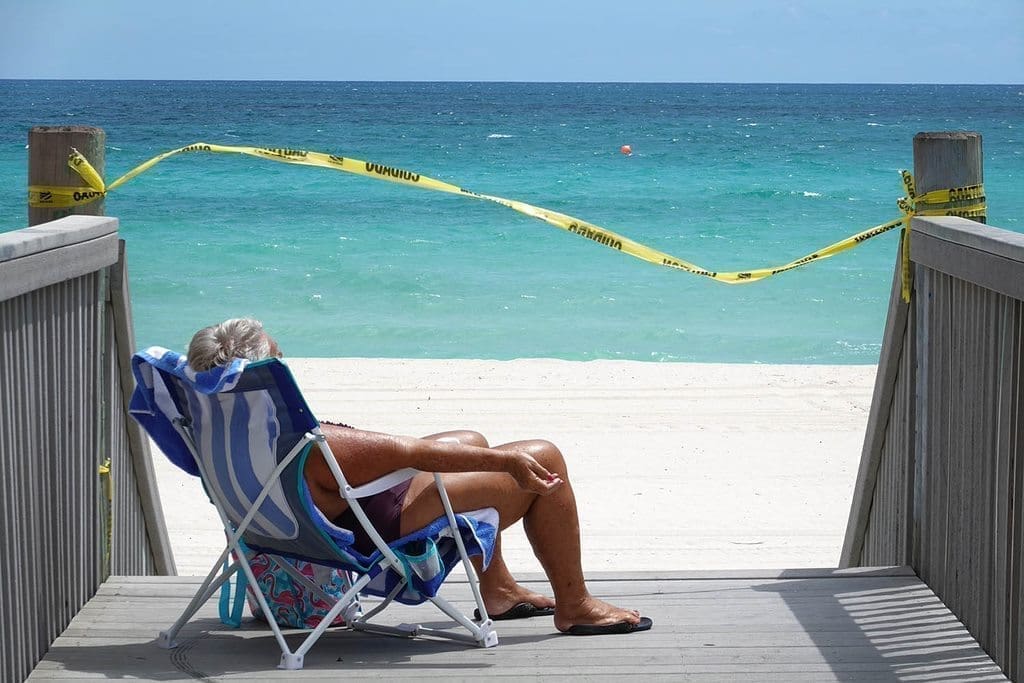
As it stands, all vacation plans are postponed indefinitely. Governments across the world are reluctant to open their borders to foreign visitors. Even if you are visiting a country with a cure to COVID-19, there would still be reluctance in letting you into the country. For business or pleasure, all borders will be closed for a long while. Be they land, air, or sea borders.
5. General reluctance to travel
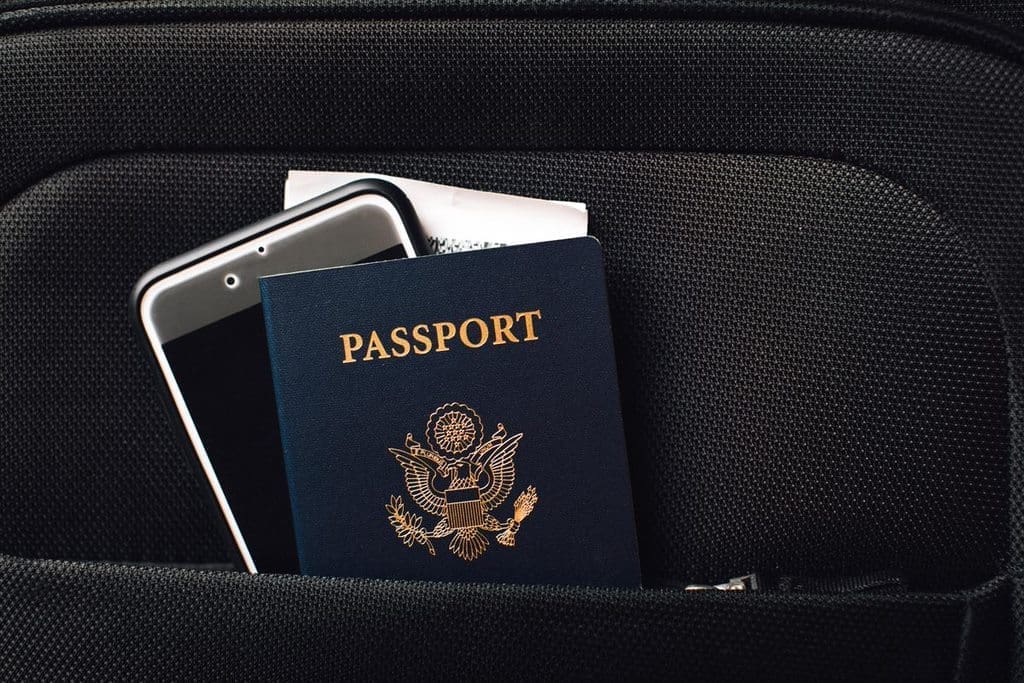
Remember when business trips were the desire of employees? Employees worked round the clock to get their names on the list. Well, with COVID-19, all that has changed.
The fear of getting infected is influencing most travel plans this year and may affect next year too. Many companies have tilted towards wholesale adoption of technology, to avoid business trips. Webinars and Zoom meetings are the new business trips. At least until COVID-19 is under check.
6. Employment Cut
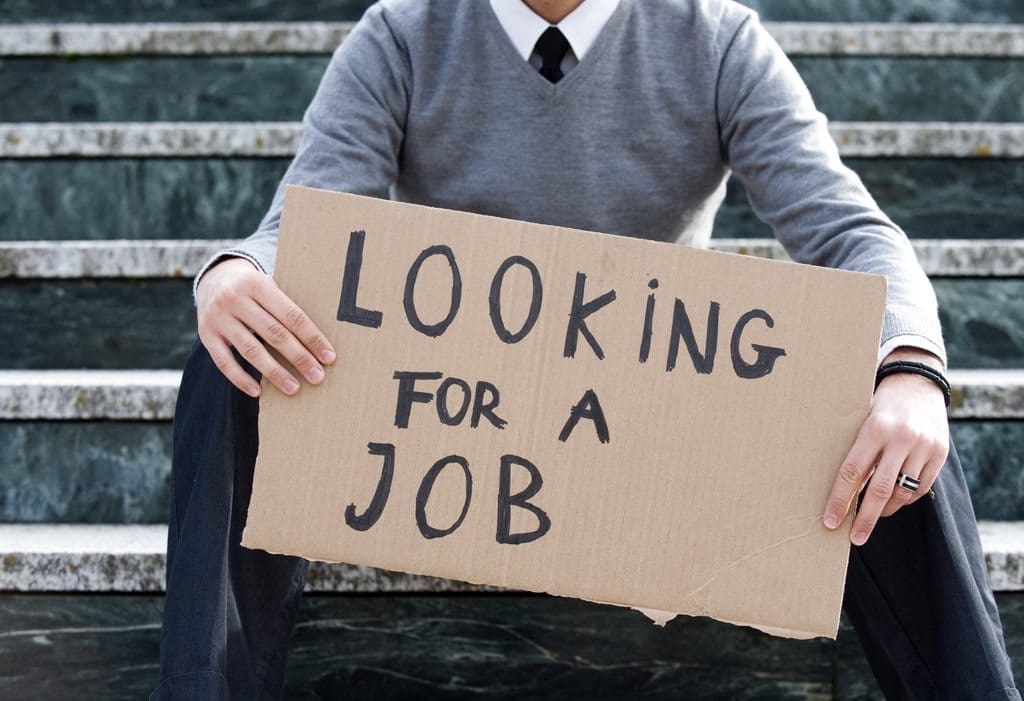
It goes without saying that employees in the travel industry will have to look elsewhere for a job if the situation worsens. Roger Dow, President and Chief Executive Officer of the U.S. Travel Association stated; “The impact on travel is six or seven times greater than the 9/11 attacks.” Here is the image summing it up for you.

7. An aversion for sea travel
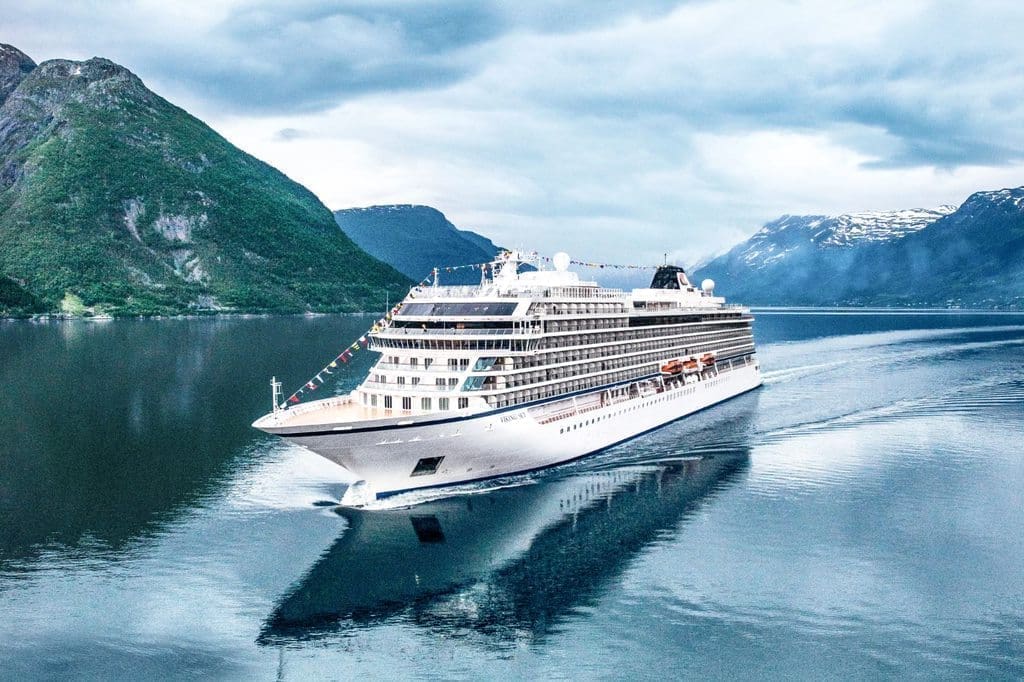
Sea travel, often referred to as cruising, is the worst affected by this pandemic. There have been cases of ships abandoned in the middle of the seas.
The latest is the case of The Greg Mortimer, forced to anchor 12 miles off the coast because 60% of its passengers and crew were infected by the Corona Virus. Even after the pandemic ends, people may dread taking a cruise and ending up in the middle of the sea.
Travelling in times of corona what has changed?
8. Stricter scrutiny of foreigners

Don’t be surprised if the next time you land at a foreign airport you are told to take a day or two to self-isolate before being allowed into the city.
Foreigners and inter-state travellers are going to be under intense scrutiny for a long time. This means you would have to set aside extra days to accommodate self-isolation if you must travel out of your state, region, or country.
9. Road trips will become popular again
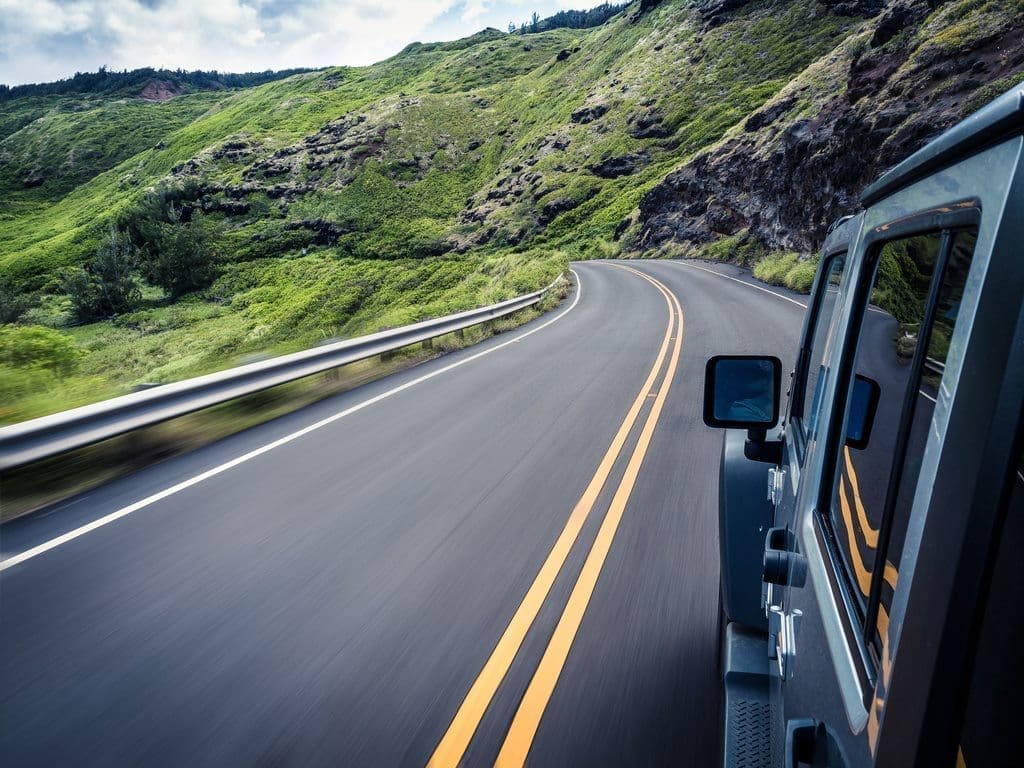
Not that road trips were ever out of fashion. But, cheaper flights made it more convenient to travel a long distance, save time, and enjoy more. With the need for social distancing, people will now prefer to travel by road. They would rather take their own vehicles than take a flight or go on a boat cruise.
10. Spike in regional travel
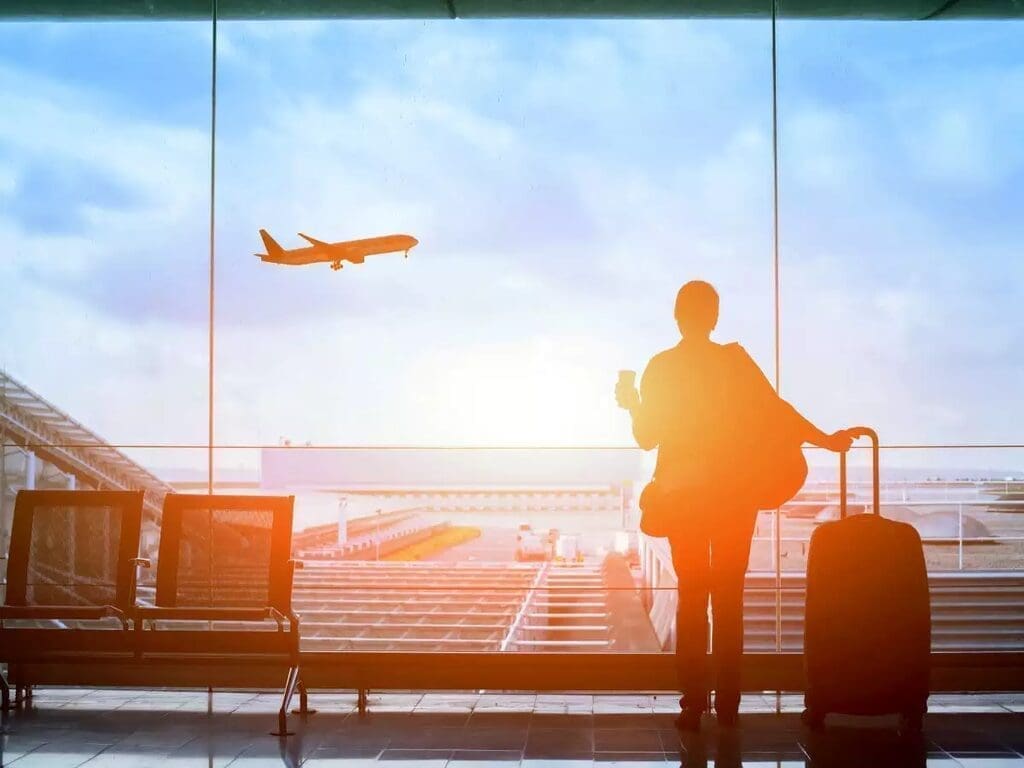
We will begin to see travelers prefer to travel within the country, rather than go on international trips. They would also look to limit their trips by air travel to when a flight is the only option. Needless to say, regional travels by road will spiral upwards.
11. Surge in trips to safe destinations
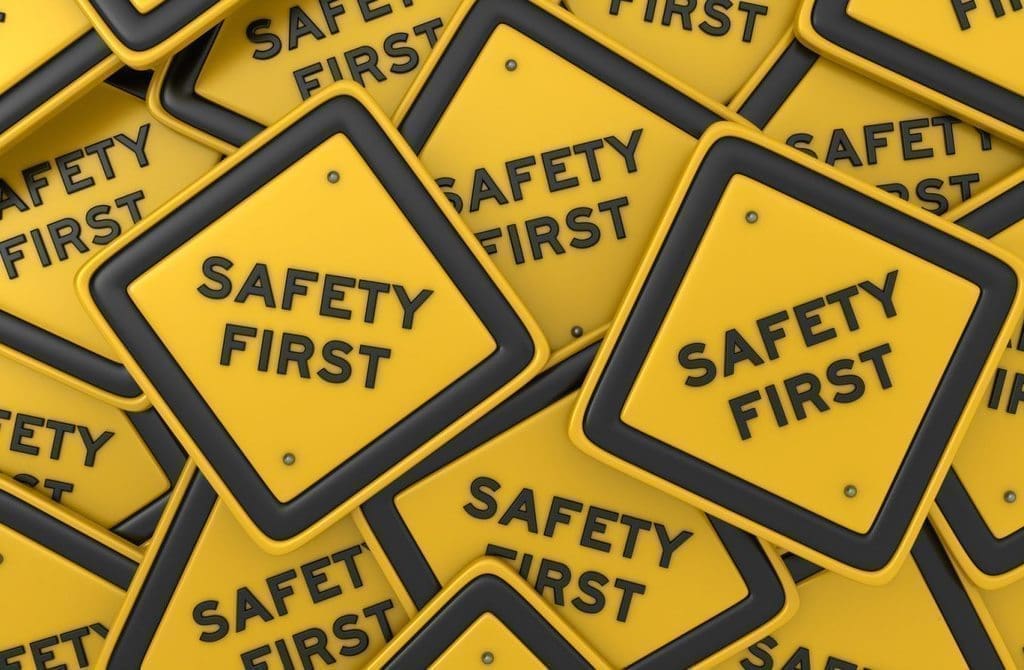
During this pandemic, some destinations have turned out safer than others. A few of these destinations are Bhutan and Nepal. Both destinations isolated themselves from the rest of the world quite early to avoid infection.
Once the COVID-19 impact reduces, these countries may emerge the most preferred destinations.
As Mother Earth heals with humans staying indoors; when we come out, nature will be better appreciated. The way we travel has changed and the impact will linger long after COVID-19. Travel will see going to see a huge transition post-COVID-19, some of which might be long-lasting.


